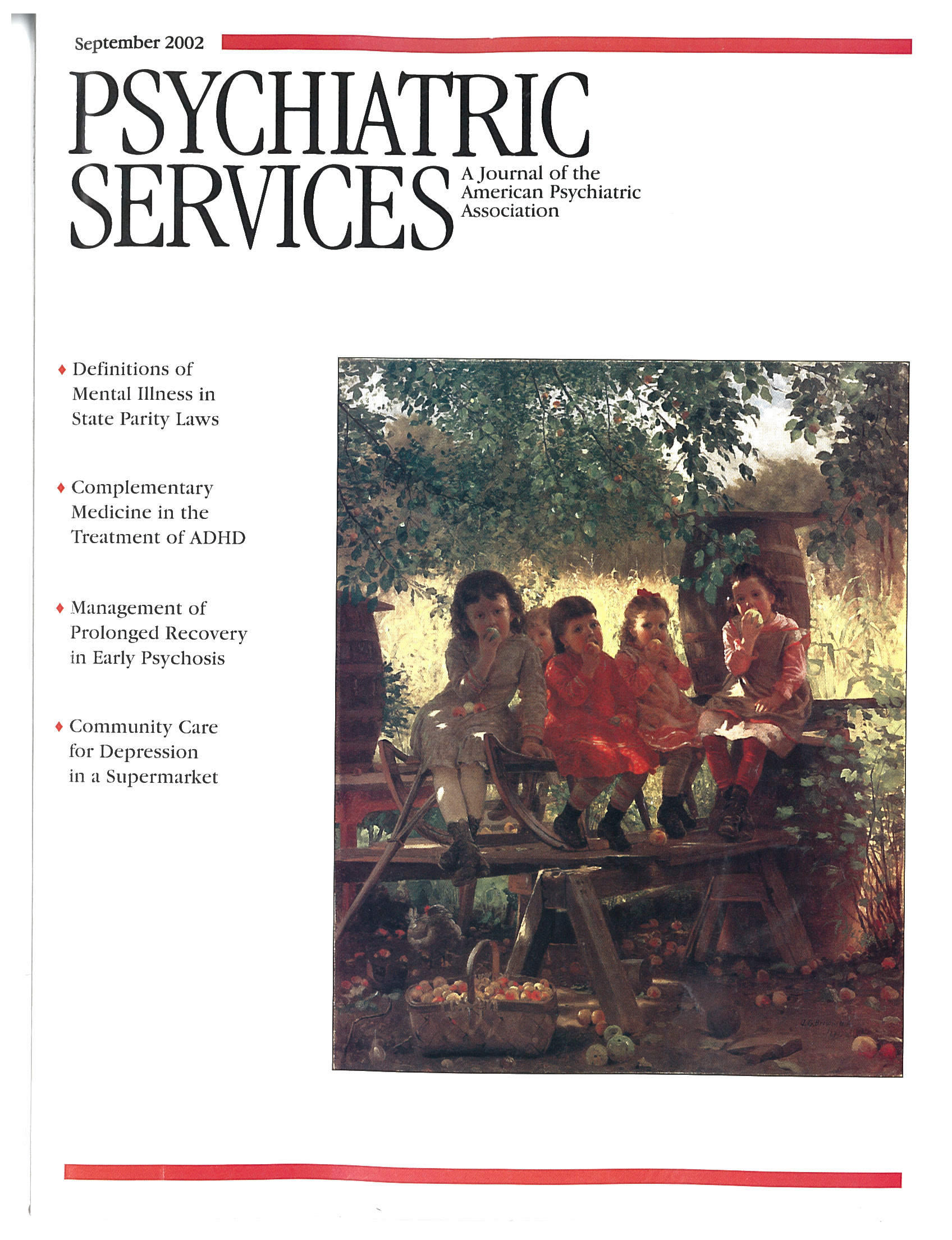Spirituality has become a hot topic in recent years, even in the historically skeptical arena of mental health practice. James L. Griffith and Melissa Elliott Griffith have written a thoughtful, balanced, and often creative work describing not only how to talk about spirituality but also, perhaps more importantly, how to think about and listen to the spiritual dimension of people's lives.
Drawing on a wide range of case studies, clustered mostly in psychiatric consultations and in individual and family psychotherapy, they outline a conceptually and technically eclectic approach to spiritual and religious experiences. Unlike works based in the literature of the psychology of religion or of spirituality and health, this book draws on narrative and solution-oriented models within a framework informed by cultural anthropology and postmodern philosophy. While the authors are not apologists for a specific religion or for religion in general, they are acutely attuned to the possibilities for human life that are uniquely expressed in the spiritual realm. Their goals are to describe helpful modes of engagement with people in exploring spirituality and to offer corresponding guidelines for therapists.
Throughout the book, the authors recommend addressing spiritual issues from a stance of curiosity, attentive listening, and gentle responsiveness. They do not urge the adoption of a unique set of interventions related to spirituality. Rather, they seek to foster openness to the possibility of change through collaborative and empathic dialogue about clients' spiritual lives. Notably, the authors avoid premature judgments about the meaning and implications of spiritual or religious language in therapy. The detailed conversations they report offer models for how to listen carefully, to question sensitively, and to respond helpfully even when the therapist's knowledge of a client's religious or spiritual background is minimal.
The book is organized around genres of spiritual expression that the authors have found most relevant in therapy—metaphor, narrative, conversation, rituals and practices, and community, among others. In each chapter, they examine a particular genre, present case studies illustrating its potential importance in therapy, and discuss change processes related to that mode of spiritual expression. Especially valuable are pragmatic sets of questions the authors pose. Some invite the therapist to think more clearly about the place or function of spirituality in a client's life; others invite the client to do the same. The conceptual material about the various genres is in many places less focused and compelling than the clinical conversations, and it is sometimes difficult to make connections between the many theoretical constructs and their therapeutic expressions. Yet the authors' carefully probing voices are clear throughout, emphasizing the primacy of shared understanding in therapy relationships.
The authors clearly acknowledge many ways that spirituality and religion may become destructive, at both individual and systemic levels. But their emphasis on spirituality's capacity to sustain such values as hope, joy, community, and gratitude in the midst of their polar opposites is a reminder of why spirituality is often so central to the experience of people suffering with mental or physical illnesses and why therapists do well to take seriously spirituality's importance.

